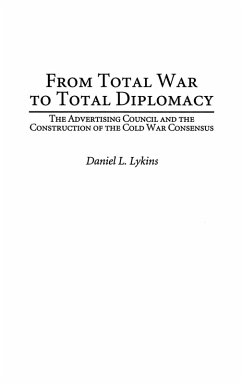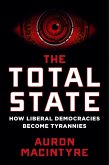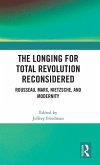Domestic economic and ideological concerns during the Cold War drove many national leaders to promote U.S. international activism. This study presents the domestic sources and goals underlying the creation of America's Cold War policies and the selling of those policies to the public. Its examination of the Advertising Council illustrates how those activist international foreign policies reflected the domestic agenda of the Council's private supporters. By cooperating with the Ad Council, the American business community enlisted in the domestic propaganda programs of the wartime and early postwar years in an attempt to defeat the continued threats they perceived from the New Deal. This emerges as a central goal and consequence of advertising's promotion of President Truman's Cold War policies. The Advertising Council's representation of the moderate businessmen of the early postwar years casts a sharp light on the continuing accommodations made with the expansion of governmental power after the war and the shifting cooperation between the moderate and conservative wings of business to reshape that federal power. The Council's private propaganda programs, presented in commercial and public service advertising, related most American problems, such as race relations, labor relations, conservation and even safe driving, among others, to an asserted total foreign threat. That propaganda hoped to convince Americans that their security, prosperity, and freedom all required shaping the world in a way that protected the nation's free-enterprise political economy-presented as the source of all American freedoms.
Hinweis: Dieser Artikel kann nur an eine deutsche Lieferadresse ausgeliefert werden.
Hinweis: Dieser Artikel kann nur an eine deutsche Lieferadresse ausgeliefert werden.








